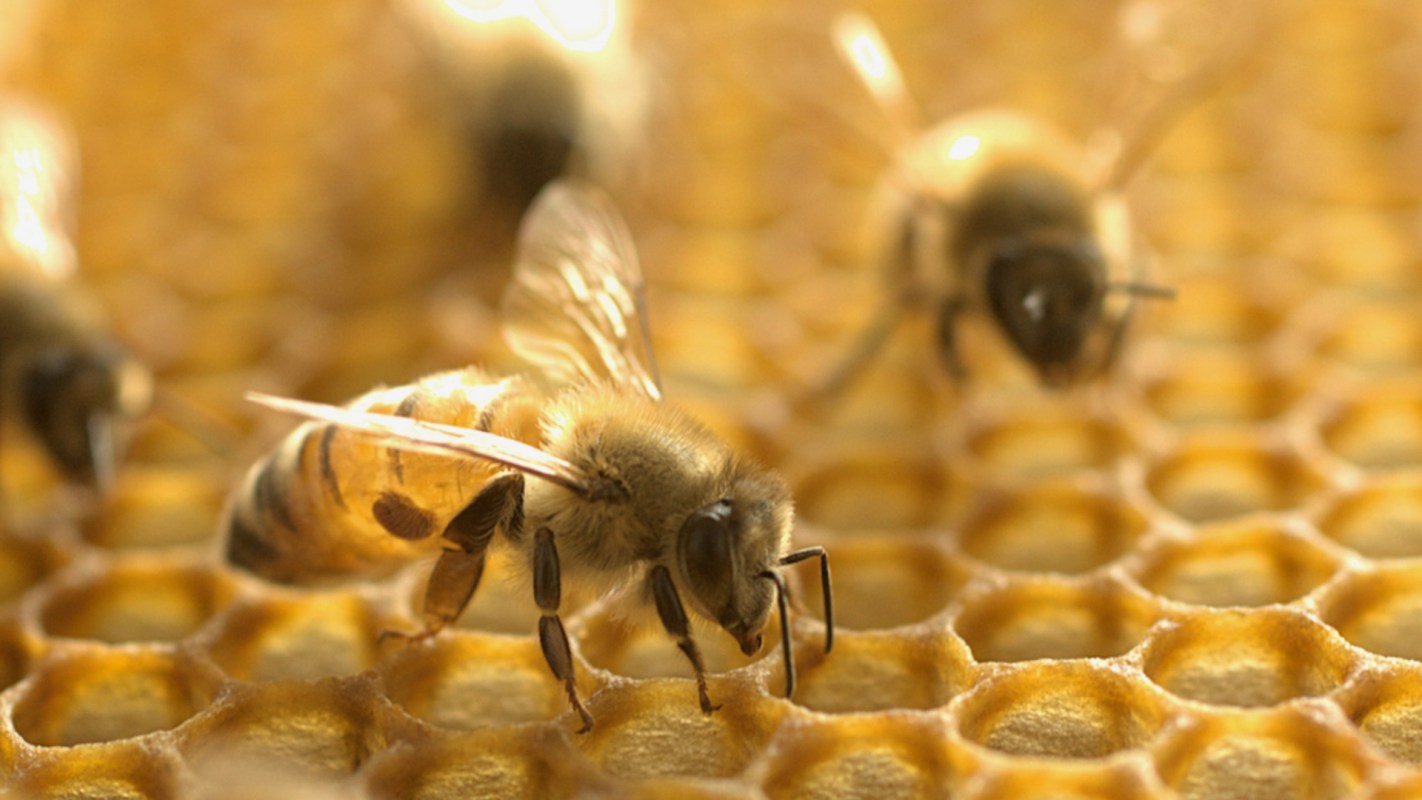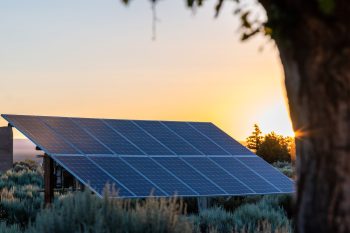Honeybees in the U.S. have been steadily producing less honey since the 1990s, and a new study by Penn State University highlights the factors that may be causing that decline.
What's happening?
The production of honey requires bees and flowers, and a number of issues have caused a decline in both.
An acceptable bee mortality rate for beekeepers over the winter is 21%, but in recent years that has skyrocketed. In the 2020-21 winter, honeybee mortality in the U.S. reached over 50%.
A number of factors can contribute to a higher bee mortality rate, including parasites, pesticides, and the changing climate, which the study suggests may be the most prevalent because that directly affects the bees and flowers individually, which then affects the other.
The study looked at 50 years of data and found that periods of drought or abnormally heavy rainfall directly impacted honey production.
While drought and heavy rain are nothing new, extreme weather events like prolonged periods of drought and severe storms have become more common as the planet continues to warm.
"While it can be kind of disheartening to hear that these really broad effects like climate are driving most of what we're seeing," lead author Gabriela Quinlan said, "I think that we can do our part by planting flowers for bees."
Why is this concerning?
Bees do a lot more than make honey: They're responsible for a lot of the fruits and vegetables that we eat every day (or at least should be eating every day). Crops such as apples, melons, broccoli, blueberries, and almonds, among many others, all depend on pollination from honeybees.
According to the U.S. Department of Agriculture, about 35% of the food consumed by humans comes from plants pollinated by insects, the vast majority of which are honeybees.
What can I do to help?
Installing native plants in your yard, including native flowers, is a good place to start. Native plants are acclimated to the environment and require less maintenance and water. Native plants will provide an ecosystem that attracts pollinators and other local wildlife.
You can also do your part to slow down the planet's overheating by doing something as simple as unplugging your devices when they're not being used, or walking or biking instead of driving when you don't have far to go.
Join our free newsletter for cool news and cool tips that make it easy to help yourself while helping the planet.








